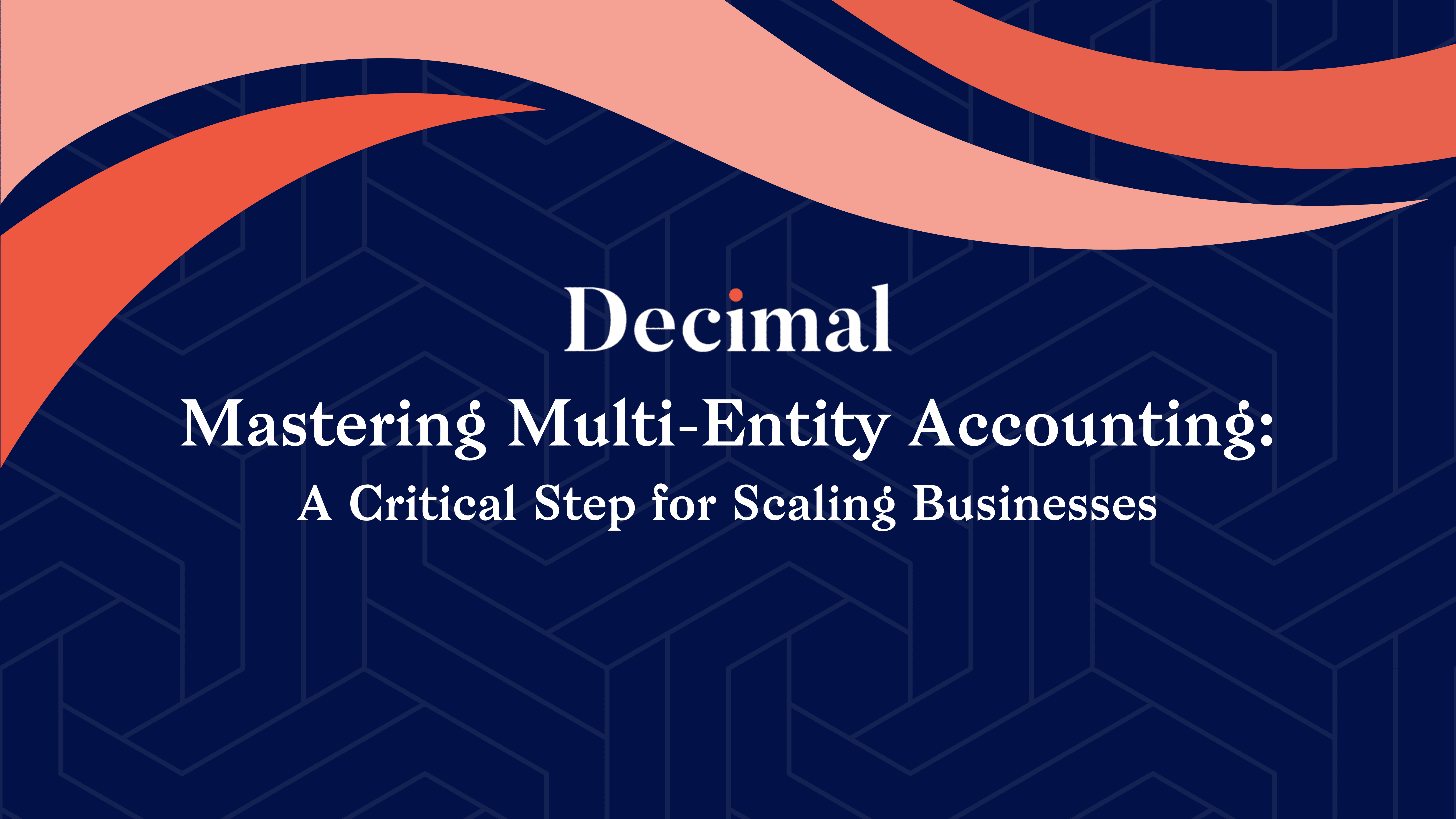What Is Multi-Entity Accounting?
Multi-entity accounting is managing financials across multiple legal entities under one parent organization. These entities may be:
- Separate business units or brands
- Domestic or international subsidiaries
- LLCs created for liability protection
- Franchises or licensing structures
Each entity has a chart of accounts, bank accounts, tax responsibilities, and possibly its accounting staff. The parent company often needs consolidated financial reporting to understand overall performance.
Why It Becomes a Challenge for Growing Companies
Scaling companies frequently add entities without first establishing a clear financial framework. The result?
- Disconnected accounting systems
- Duplicate vendors or expenses across entities
- Complicated intercompany transactions
- Delays in consolidated reporting
Without streamlined processes and integrated tools, finance teams spend too much time reconciling data instead of delivering insights.
Core Financial Considerations for Multi-Entity Environments
To effectively manage multi-entity accounting, finance leaders should address the following areas:
1. Entity Structure and Setup
Start with clearly defined entity roles, naming conventions, and ownership structures. Make sure each entity:
- It has its tax ID (EIN)
- Maintains separate bank accounts
- Is registered in compliance with state and local jurisdictions
Establish uniform accounting policies across all entities from the beginning to prevent confusion later.
2. Intercompany Transactions and Reconciliations
Intercompany loans, management fees, and shared resources must be tracked accurately to prevent misstatements.
Best practices include:
- Recording offsetting entries in each entity's books
- Reconciling intercompany accounts monthly
- Using elimination entries in consolidated reporting
Automating these processes prevents inconsistencies and saves significant time during the monthly close.
3. Centralized vs. Decentralized Accounting Functions
Determine whether accounting responsibilities will be centralized in a shared services team or distributed to individual entities.
Centralized accounting offers:
- Consistent policies and controls
- Reduced software costs
- Easier consolidated reporting
Decentralized accounting may provide:
- Greater flexibility for entity-specific needs
- Autonomy for local teams or leadership
Choose the model that aligns with your organizational goals—and document it.
4. Consolidated Financial Reporting
Investors, lenders, and boards want an enterprise-level view of financial performance. Your accounting system should support the following:
- Consolidated income statements and balance sheets
- Elimination of intercompany revenue and expenses
- Currency conversion if operating internationally
Use accounting platforms like NetSuite, Sage Intacct, or Xero with multi-entity capabilities to reduce manual consolidation work.
5. Tax and Regulatory Compliance
Each entity has its tax obligations. Managing this complexity requires:
- Entity-level and consolidated tax planning
- Accurate allocation of shared expenses (especially for cost-sharing arrangements)
- Tracking nexus and sales tax exposure in different states
Work with a tax advisor with experience across multi-entity organizations to avoid costly compliance mistakes.
Technology That Supports Multi-Entity Growth
As your business expands, your accounting software should scale with it.
Look for platforms that offer:
- Real-time multi-entity dashboards
- Customizable permissions by entity or department
- Automated intercompany billing and reconciliation
- Centralized accounts payable and receivable modules
If you're managing more than three entities in spreadsheets or disconnected systems, it's time to upgrade.
When to Build Your Multi-Entity Infrastructure
The best time to establish a multi-entity accounting system is before adding new entities. But now is the time to streamline if you're already managing several entities.
Early-stage preparation pays off by:
- Reducing risk during due diligence for M&A or financing
- Improving cash management and visibility
- Increasing the reliability and speed of month-end reporting
Conclusion
Multi-entity accounting is not just a technical challenge—it's a strategic necessity for growing businesses. The right systems and processes unlock efficiency, transparency, and investor confidence.
If you're looking for expert guidance to simplify your tax filing process, schedule a time with a Decimal expert at https://www.decimal.com/contact-us. We'll help you build a scalable financial infrastructure tailored to your growth goals.
Getting started in days.
Ready to simplify your accounting? Schedule a call with our team and explore your options. We’d love to hear from you!

